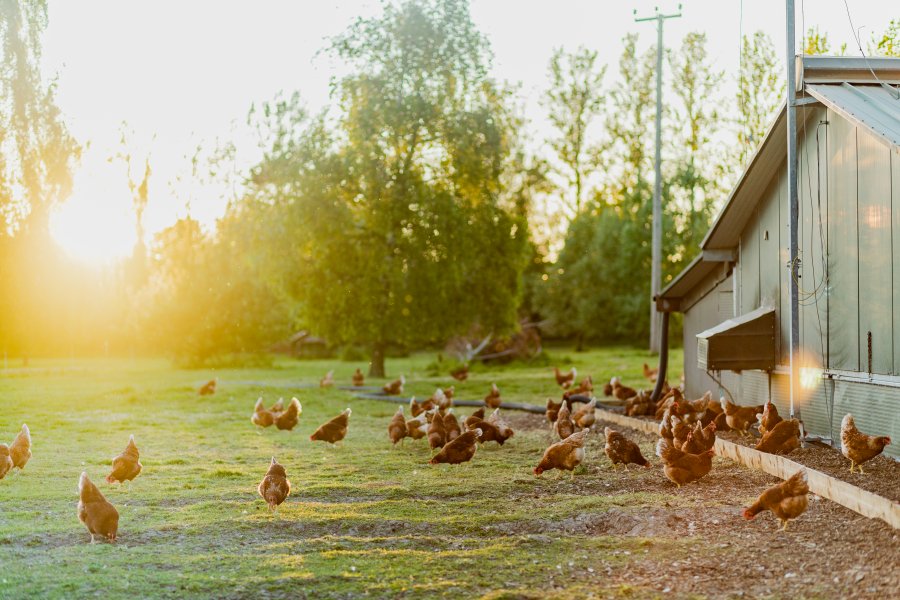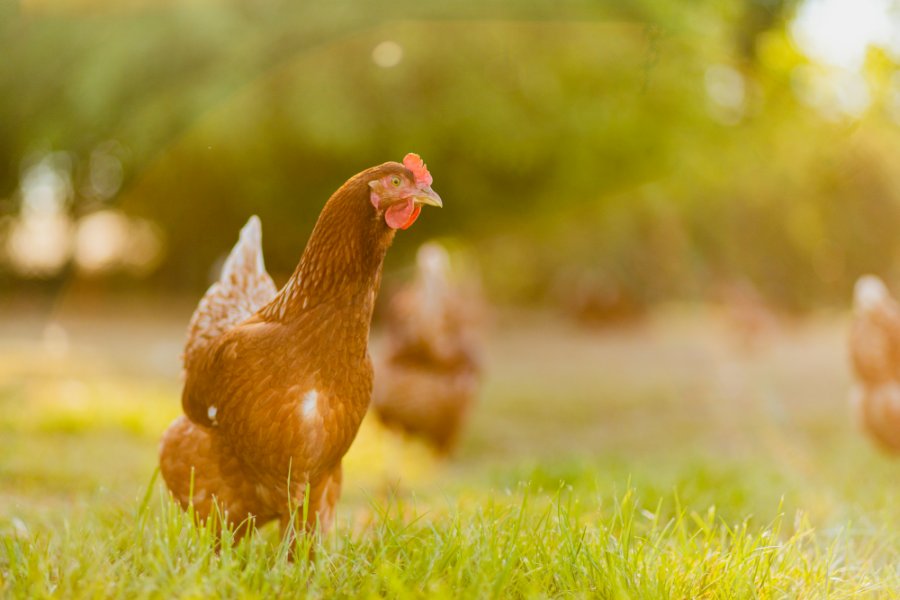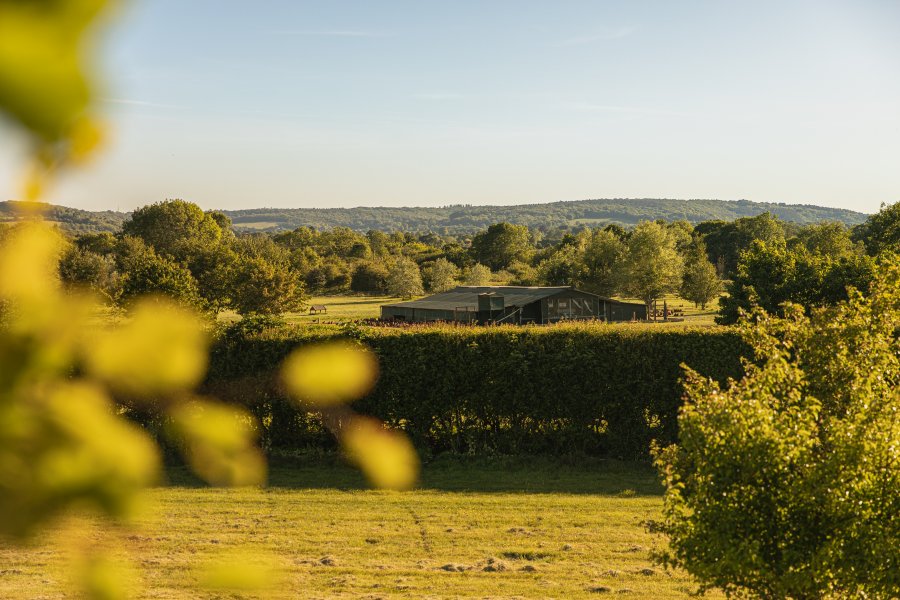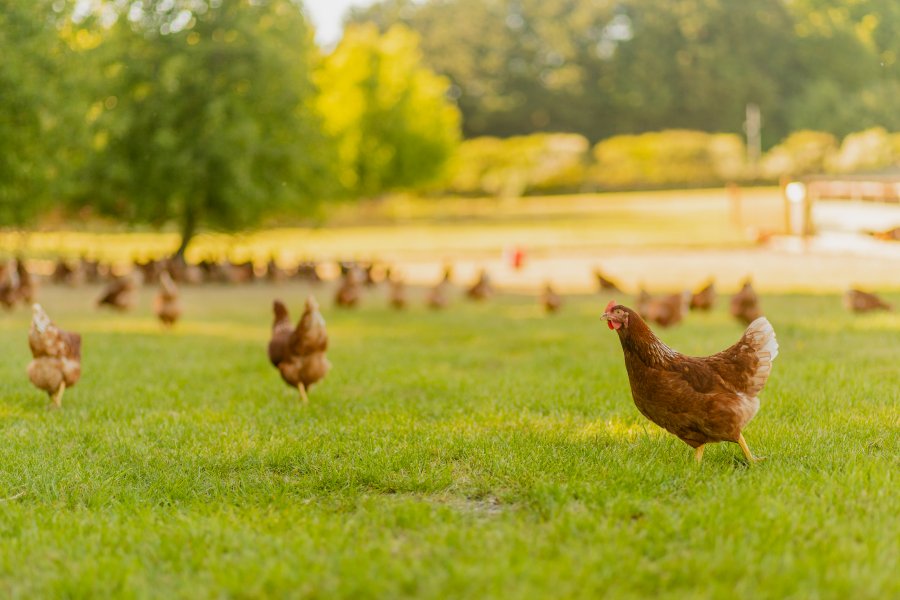
The UK’s first national organic egg brand now has an 11% share of the total organic egg sector after its introduction in retailers in September 2018.
Purely Organic's growth is being driven by people striving for healthier lifestyles and paying more attention to the provenance of their food.
Eggs are collected from a collection of six farms where the hens are free to forage amongst fruit trees and wildflowers, and all feed is sourced from their own singular organic mill ensuring full traceability.
Demand for Purely Organic is soaring and not just because of the demand for eggs that the Covid-19 pandemic has created, according to Graham Atkinson, agriculture director at Noble Foods.
He said people wanted the 'reassurance that a trusted brand can offer': "They appreciate the dedication and commitment that organic farmers put into the care of their birds.
“We are always looking for ways to give back to the environment, meaning our eggs are good for the consumer, good for farms, and good for hens," he said.
Purely Organic is the first brand in the UK to display the Climate Partner logo: "This means the pulp packaging is carbon neutral and that the production of the boxes will offset the emissions generated by production processes and transport."
Mr Atkinson said Noble Foods is now on the search for producers who share the 'philosophy of building a strong, sustainable business that puts the environment and animal welfare at the heart of their operations'.
"We want like-minded individuals who take pride in producing products to the highest standards and I would encourage anyone who is interested in organic egg farming to contact me on my personal email address – graham.atkinson@noblefoods.co.uk,” he said.
David Tromans of Towcester Farm, one of the brand’s six farms that produce the Purely Organic range, spoke to FarmingUK on his observations of organic farming and working with Noble Foods.

What size farm do you have?
The farm is 28 acres in total and is heavily wooded. We have four laying sheds with 3,000 birds in each.
We operate a multi-age site where the flocks are 20 weeks apart in age. It includes one trial shed with 930 birds.
We also do on farm rearing from a day old to 16 weeks and have capacity for up to 6,000 birds.
What breed do you work with at Towcester farm?
All our hens are Lohman Brown Classics we achieve yields of approximately 325 eggs per bird over an average of 76 weeks.
How long has the farm been in production and have you always been organic?
Towcester Farm is one of the original free range farms in the UK and we started producing for Sainsbury’s in the early 80s.

The business was built by the pioneering free range work of D Mears Ltd, who worked in partnership with Deans Farm Eggs, acting as the national packing and distribution centre for all free range eggs produced and packed for the business – a grand total of 3,000 cases per week at the time.
The farm was acquired by Deans Foods in 1992 and the packing operations were transferred to their national packing centres as volumes for free range continued to grow.
That same year, Jill and I purchased the house and some land from the Deans. The buildings and flock management remained under the control of Deans Foods.
Units were upgraded over the years to meet the evolving free range standards, converting to organic in the late 90s as demand for organic started to grow and the unit size was more appropriate for the rapidly emerging organic market.
The operation was used as a showcase trial unit for various retailers including M&S, Waitrose and Sainsbury’s.

When I retired from Noble Foods in 2008, we took total ownership of the farm. Trading under the name of Linden Barn Ltd, the unit has continued to develop its environmental heritage with the addition of solar panels, fruit trees, wildlife refuges, extensive wildflower paddocks and ever more trees.
How did the relationship with Noble Foods start and what have been some of the benefits of working together?
Working with Noble Foods has been an evolution. We found that the technical support has been good, especially in the face of increasingly in-depth audits from RSPCA Assured/BEIC and the Organic Food Federation.
Egg collection and gradings are consistent and any issues we may find are promptly and fairly resolved. Payments are prompt, accurate and reliable, giving Jill and I that ‘sleep at night’ factor so needed in these challenging times.
Feed is supplied by Noble Foods’ nearby Finmere Mill and the ration quality is consistent. We have never experienced any nutritional problems, despite organic regulations being limiting in their compositions.
Why would you recommend organic farming to others?
I started organic farming by default, living on a site that was already converted. The lower stocking density (6 birds/m2), 3,000 bird flock size, no beak trimming, achieving good feather cover and continual reduction in treatments allowed in organic regulation for red mite, worms in addition to nutritional limitations have all presented their own challenges.
It has been an interesting and rewarding journey that that has enabled me to enjoy living in an environmentally rich environment with abundant wildlife, birds, bees, bats and latterly greater crested newts.
The farm is ably managed by farm manager Piotr and support by three other part time staff; Rachel, Linda and Darya.
